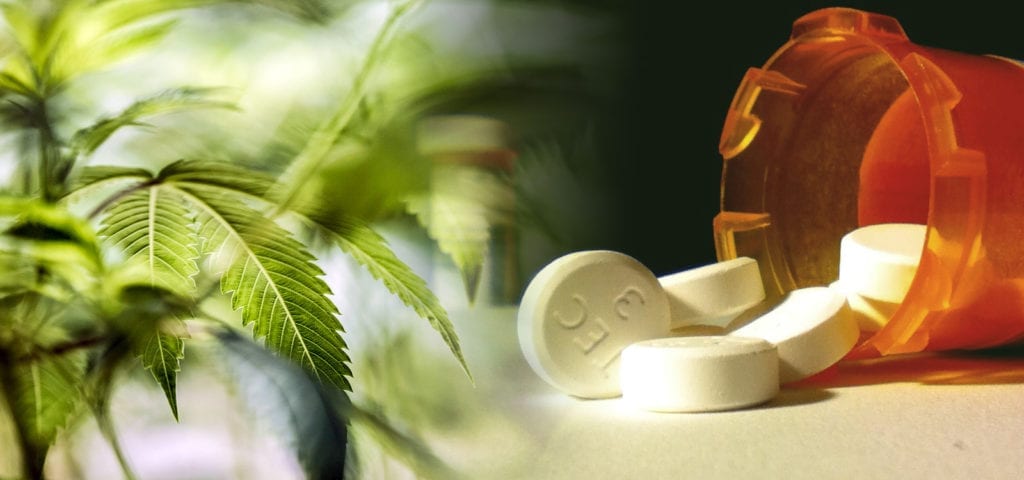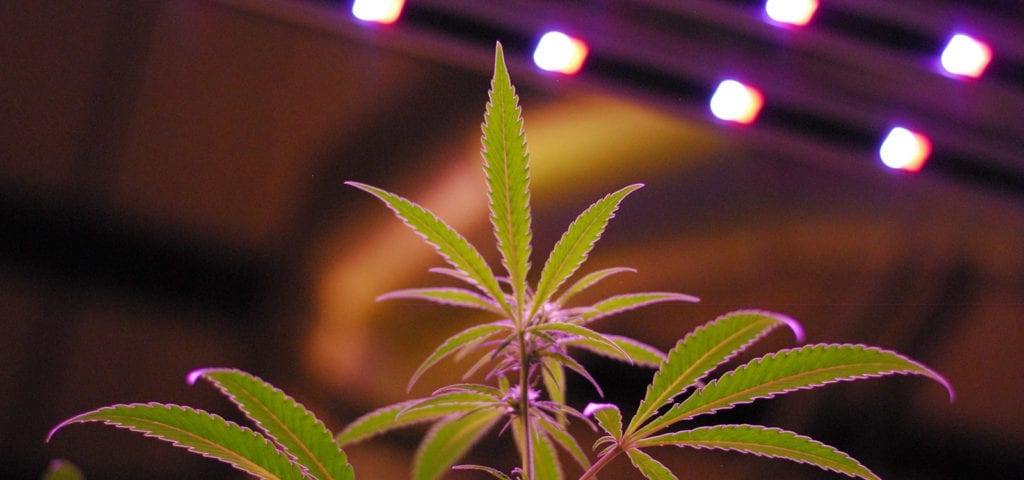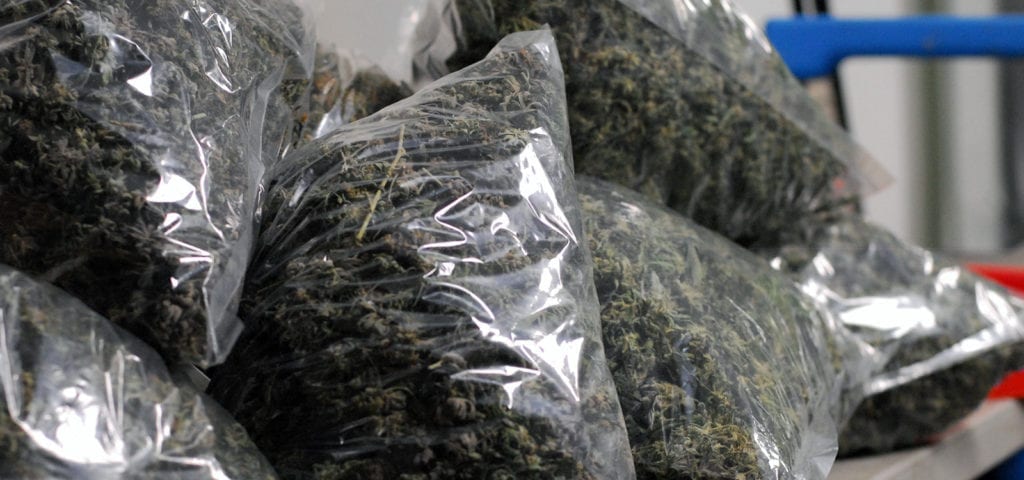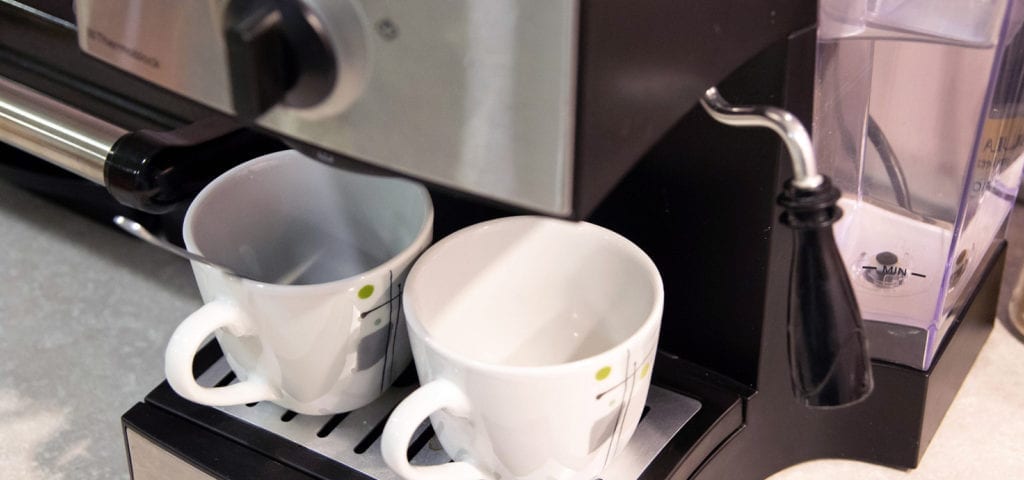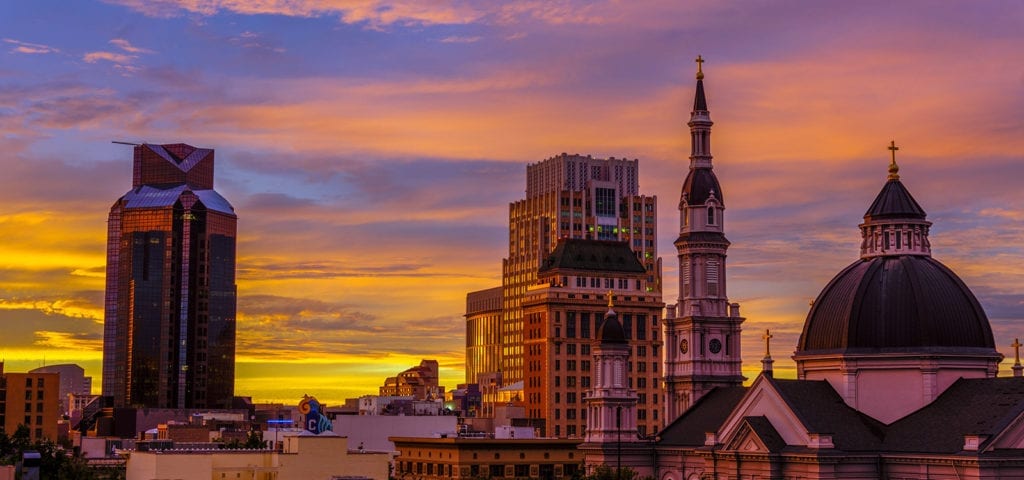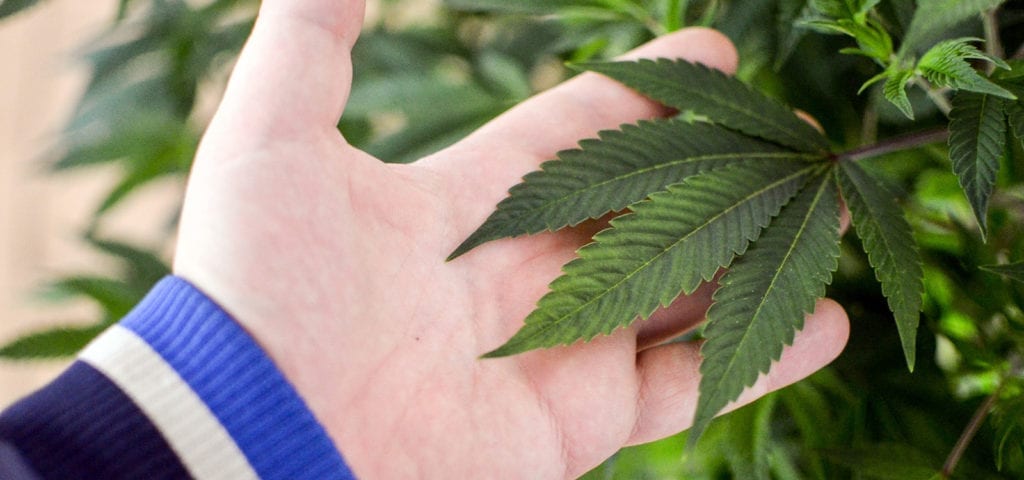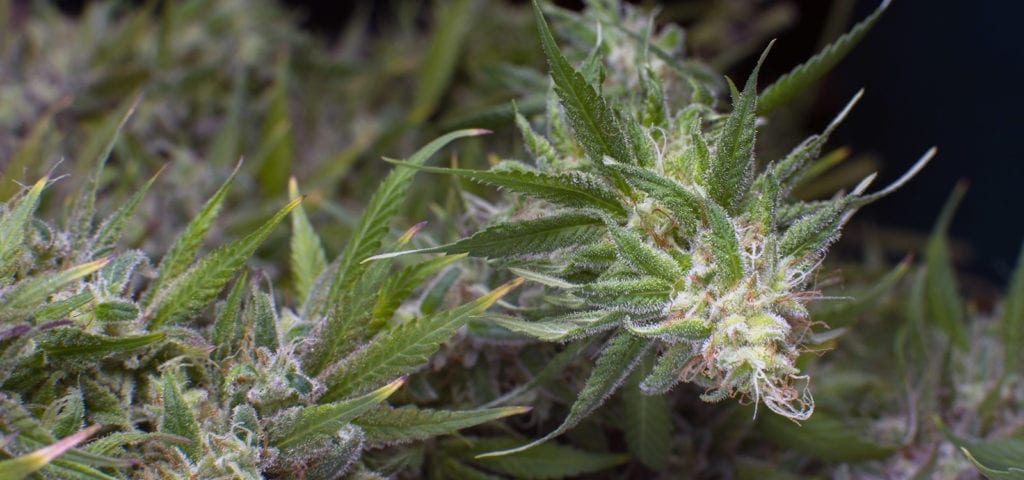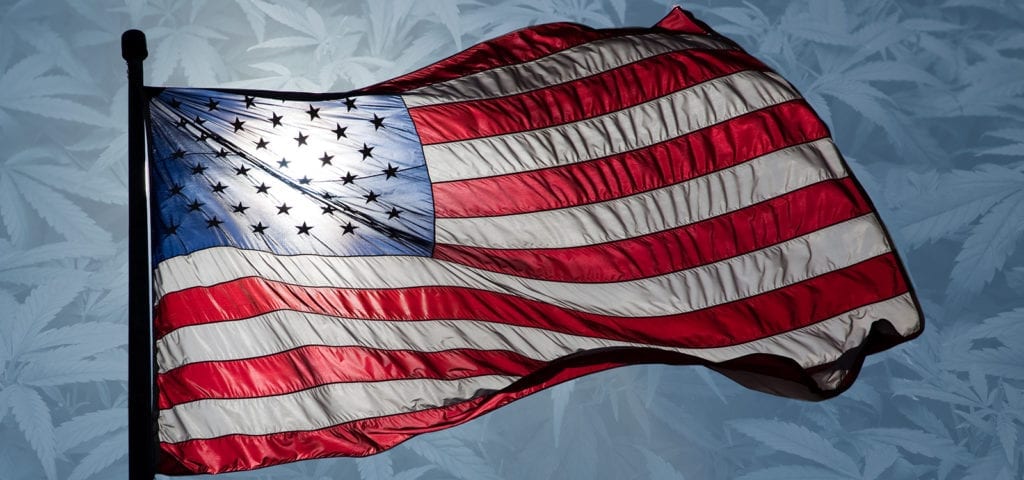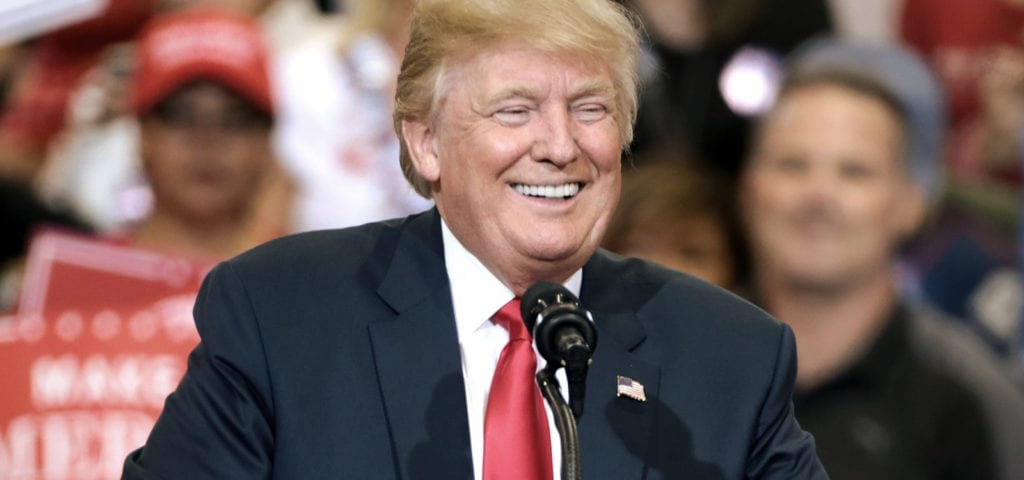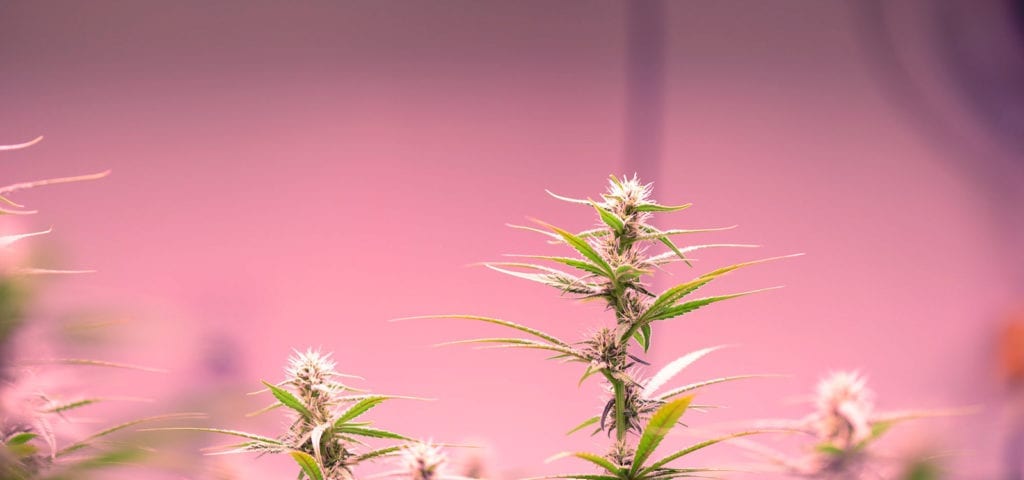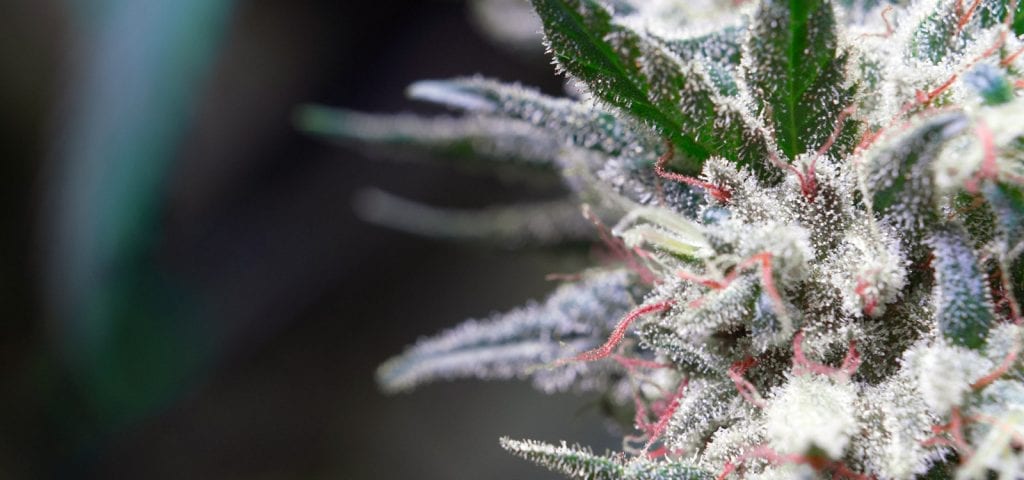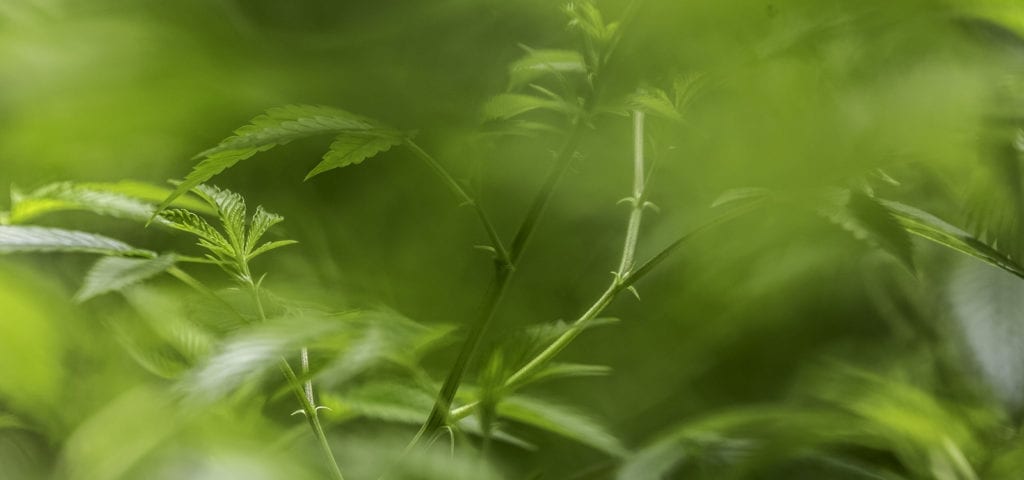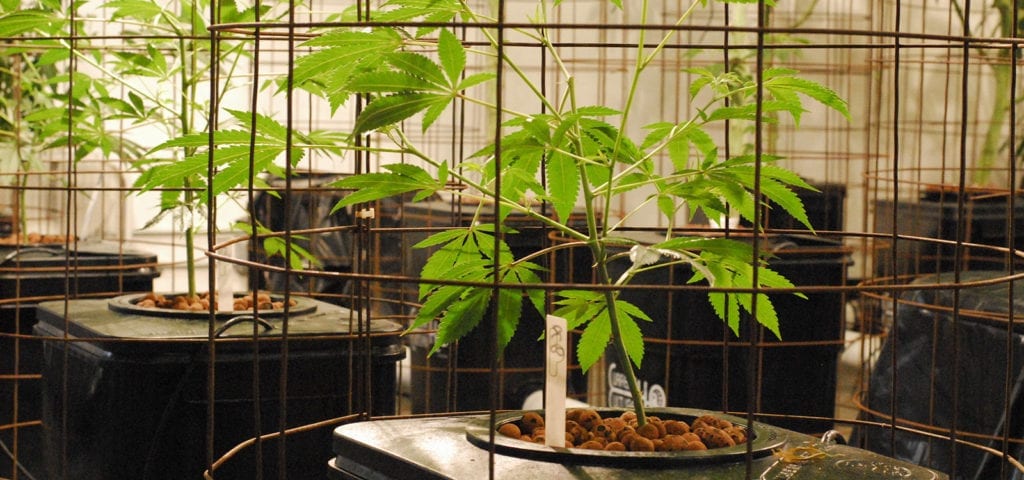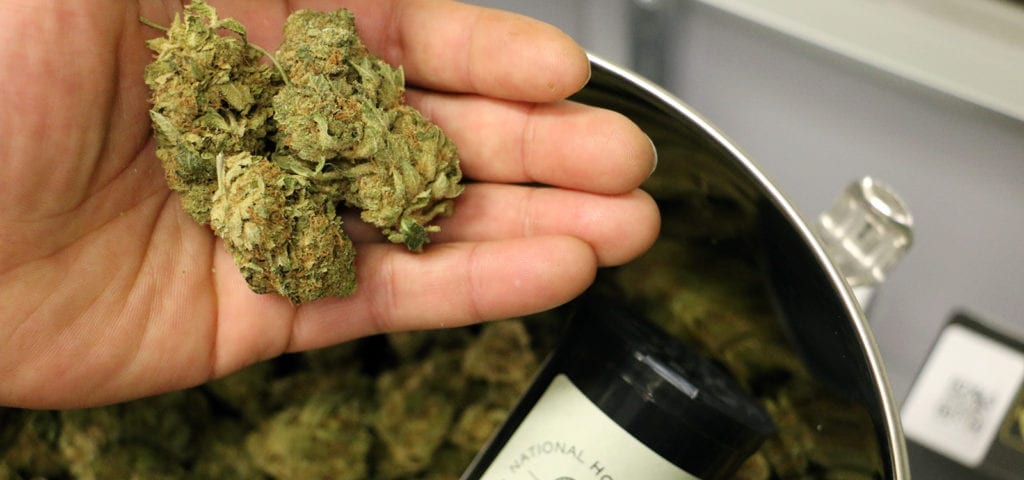The Justice Department and Drug Enforcement Agency announced in a news release yesterday the agencies’ new goal for 2019: to reduce production of the nation’s six most frequently abused opioids by an average of ten percent.
Additionally, according to a Tom Angell Forbes report, the DEA will call for the quintupling of research-grade cannabis next year, from about 1,000 pounds in 2018 to more than 5,400 in 2019. Angell first reported this development on Thursday, citing a yet unpublished Federal Register filing set.
The pharmaceuticals specifically identified by the DEA were oxycodone, hydrocodone, oxymorphone, hydromorphone, morphine, and fentanyl. U.S. Attorney General Jeff Sessions and other DOJ officials said these reductions were a part of President Trump’s plan to reduce opioid prescription rates by one-third in three years.
“We’ve lost too many lives to the opioid epidemic and families and communities suffer tragic consequences every day. This significant drop in prescriptions by doctors and DEA’s production quota adjustment will continue to reduce the amount of drugs available for illicit diversion and abuse while ensuring that patients will continue to have access to proper medicine.” — Uttam Dhillon, Acting Administrator for the DEA, in the press release
Meanwhile, medical cannabis advocates argue that the plant could be utilized in the efforts to reduce the average Americans’ opioid intake. Studies show that opioid overdose rates consistently drop in states where medical cannabis is available for chronic and/or severe pain.
Currently, the federal government allows only one entity to grow cannabis for research purposes, and that’s a farm at the University of Mississippi. Other interested parties have since applied to grow research-grade cannabis, but AG Sessions has so far hindered the application process. This uptick in research-grade cannabis levels for 2019, however, could mean that Sessions’ not-too-subtle efforts to block cannabis research could be ending and new organizations could be federally licensed to grow cannabis in the near future.
Members of the public will have a 30-day comment period when the new cannabis quota is officially released.
End
